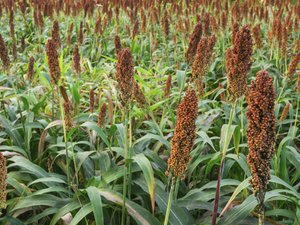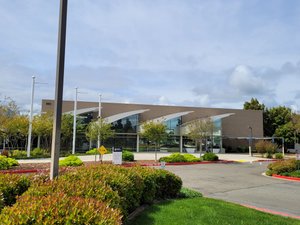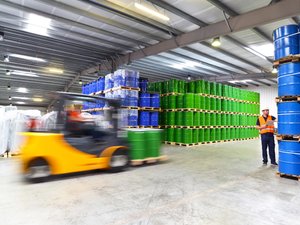
Nufarm Australia Ltd., an Australian company with an oilseed research lab in West Sacramento, is acquiring licensing and intellectual property assets and technologies for producing nutritional oil from camelina from struggling Massachusetts-based Yield10 Bioscience Inc.
Shares in Woburn, Massachusetts-based Yield10 jumped 93% Wednesday on the news, rising 77 cents to close at $1.60.
Rhonda Macdonald, a spokeswoman for Nufarm subsidiary Nuseed, said the West Sacramento lab will have a small involvement with camelina “to begin with and likely to increase over time.”
Under the license agreement as part of a memorandum of understanding, Nufarm will pay Yield10 up to $5 million for the assets and intellectual property, according to a news release with a West Sacramento dateline. The sale will require a vote from the shareholders of Yield10 in a special meeting.
Yield10 shares were delisted by the Nasaq Stock Market in a notice May 15 for failing to comply with the $2.5 million minimum equity required to be traded on the market. Trading on the Nasdaq was ended effective May 16.
In 2019, Nuseed leased 43,000 square feet for plant research in a commerce center on Riverside Parkway in West Sacramento. It had already had a lab and breeding nursery in Woodland.
The Nuseed R&D center in West Sacramento focuses on hybrid plant trait development for oil-producing plants including canola, sorghum and sunflower.
Camelina is a flowering plant that has been cultivated for its oil for 3,000 years, including by the Greeks and Romans, with its oil used as food, animal feed and for oil lamps.
“Yield10 camelina assets and know-how in both omega 3 and bioenergy sectors have a unique fit with Nufarm’s … platform strategies,” said Nufarm CEO Greg Hunt, in a news release.” While the program still requires further development time and investment before achieving revenue, it offers a broadened portfolio of solutions for our customers.”
Yield10 had been working to increase yield in omega-3 and omega-6 fatty acids in camelina to meet a global demand for the nutritious oil, which is now mostly met by ocean-caught fish like anchovies, which are under pressure due to overfishing, Nufarm said. Those oils can come from flax, but camelina is more shelf stable, whereas flax oil can go rancid quickly.
Yield10 was also working on camelina as a low-carbon feedstock oil for biofuels, biodiesel and sustainable aviation fuel.







